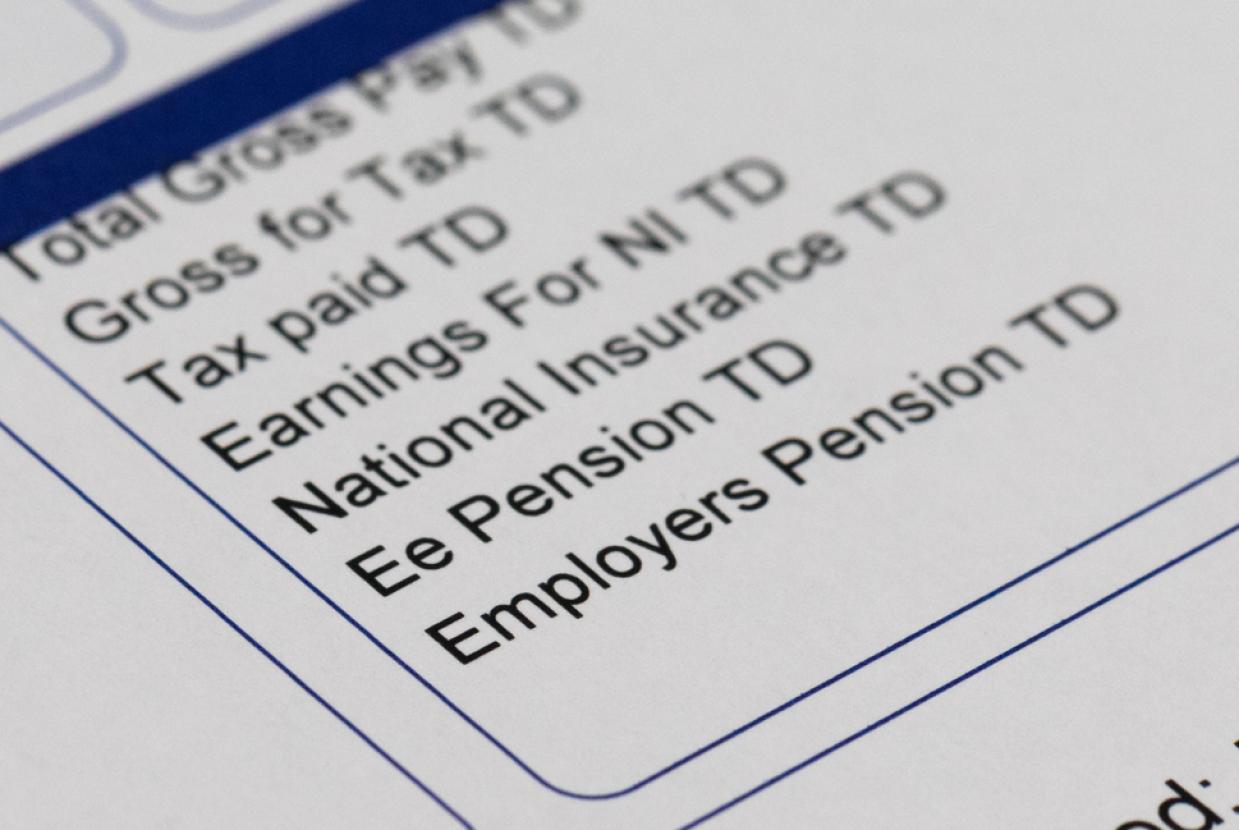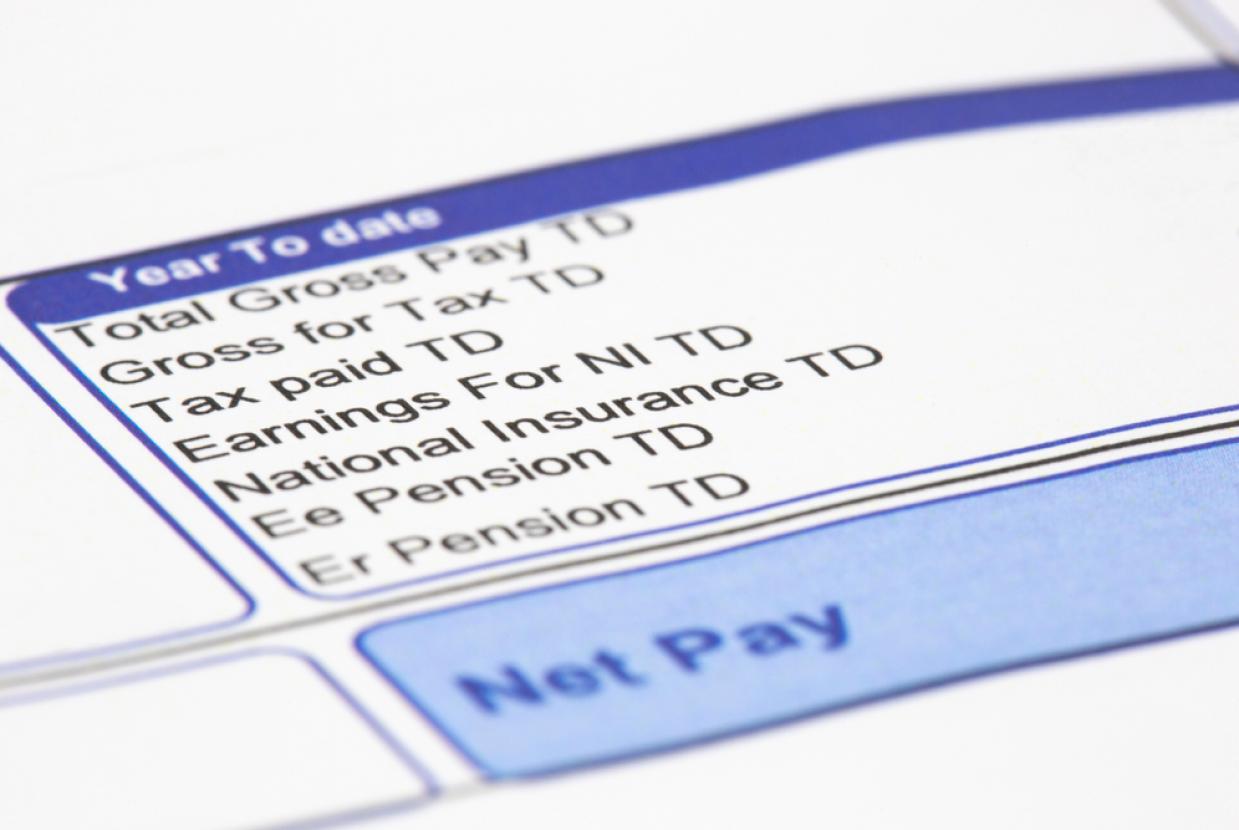University Budgeting Tips
Financial Health / Family HealthIt’s important to know how to manage your money as a student, otherwise it won’t last through term time and holidays. We’ve compiled a checklist of essential budgeting tips to help you make the most of your finances at university or college.
Living costs as a student
For many students, going to university is their first experience of living away from home.
This is exciting time comes with many new responsibilities, including the need to manage your own finances.
It might be that your student loan is the largest amount of money you’ve ever received but remember — it needs to last all term.
How to budget at university
When you receive your maintenance loan or other awards or means-tested funding at the beginning of each term, it can seem like a lot of money.
But making it last for both the academic year and holidays, can be quite a stretch. It’s a good idea to work out a budget based on the money you have coming in and out, and check it regularly.
Firstly, add up your total student income. For example:
- maintenance loans
- income from a job
- bursaries, scholarships, awards or grants
- money from parents or family
- any savings or investments.
Once you know your total income, calculate your expenses:
- food and drink
- any bills - gas, electricity, water, phone, wifi, TV licence, music or entertainment subscriptions, gym membership etc
- accommodation fees, such as rent and insurance for valuables
- travel costs, including fuel, vehicle maintenance and insurance if you drive.
Make sure that your income is either more than or equal to your outgoing expenses, on a weekly or monthly basis.
If you’re spending more than you’re earning
This is a common problem faced by thousands of students. Consider the following:
- Increasing your income — depending on your study schedule, taking on part-time work could make a big difference to your budget.
- Speaking to an adviser — your university or college should have a student money adviser or support services that can help you to manage your money.
- Reducing your expenses — look what you’re spending money on. Are there any areas that you could cut down on? Swapping branded products for supermarket-own brands or sharing meal costs could save you money
- Consider borrowing — tried everything else? Consider borrowing options such as an authorised, interest-free overdraft or a credit card that might come with your student account. Only ever borrow what you need and what you can repay.
Maintenance loans and grants
Maintenance loans can be used to cover your living costs, however what you’re entitled to is based upon where you live and the location of your university or college.
Depending on which nation you’re in and the student finance agency that applies to you, there might also be other means tested grants and funding options available.
You don’t usually have to repay grants or bursaries, but you’ll only be eligible for them if you meet certain criteria.
Shop smart with student discounts
There are lots of great discounts available to students for money off in shops, at restaurants, for transport, and lots more. But don’t use this as a reason to spend money on things that you don’t really need.
A great starting point is the National Union of Students (NUS) Totum card, which offers discounts on lots of products and services. You can also join Unidays and Student Beans with your university login for free to get discounts online and in store through their apps.
Finding part-time work
Once you’ve worked out your budget, you’ll see if taking on part-time work is a good idea. This could be during the holidays or term time.
But don’t neglect your studies — research shows that more than 20 hours of work a week can have a negative impact on academic performance. So if you’re aiming for a job during term time, try and find a good work and study balance.
Here are a few tips to help you stay on budget:
- make a shopping list before setting off and stick to it
- learn one or two easy dishes to cook in bulk and store in the freezer
- try and buy own brand or reduced food to keep costs down.
University books can be much more expensive than ones you’re used to buying in the past. When you get your reading list, try and get as much as you can from the university library or buy second-hand where possible.
Getting help with debt
Don’t hesitate to get free advice using our Debt advice locator if you feel your repayments are becoming an issue. Debt is a reality for many students and can cause stress and anxiety.
Most universities and colleges will have a student money adviser or support services available to help you develop budgeting techniques and inform you of any financial help options available to you as a student, such as a hardship loan.



































